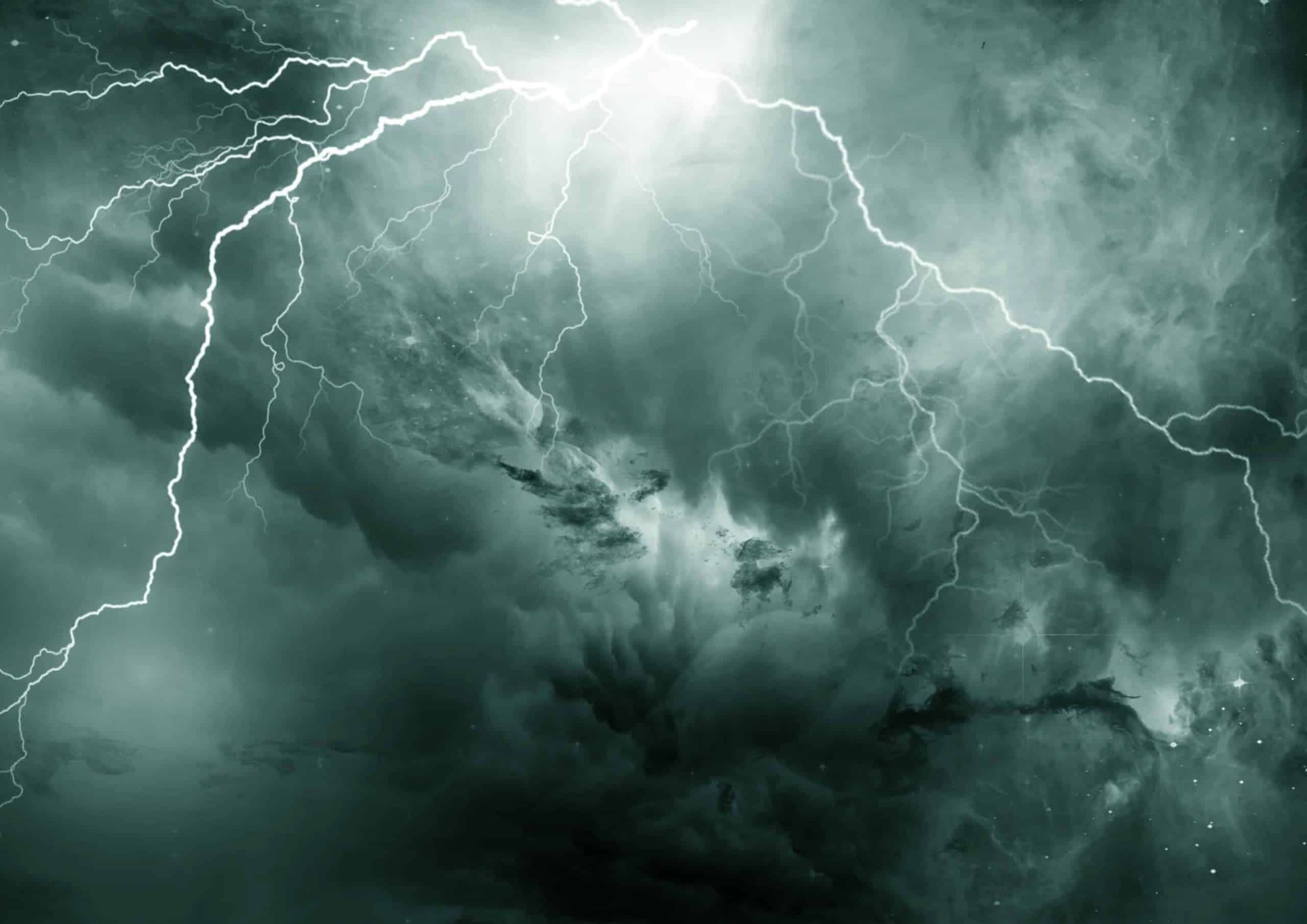
- Actual Cash Value (ACV): The value of an item, considering its age and wear and tear, at the time of loss. It’s the replacement cost minus depreciation.
- Additional Living Expenses (ALE): Covers extra costs of living away from home if it is uninhabitable due to a covered loss, such as hotel bills, meals, and other expenses.
- Adjuster: An insurance professional who evaluates the damage and determines the amount the insurance company should pay for the loss.
- Binder: A temporary insurance contract that provides proof of coverage until a permanent policy is issued.
- Claim: A request made by the policyholder to the insurance company for payment of a loss covered by the insurance policy.
- Deductible: The amount the policyholder must pay out-of-pocket before the insurance company pays a claim.
- Depreciation: The decrease in value of property over time due to wear and tear or obsolescence.
- Endorsement (or Rider): An addition to an insurance policy that alters or adds coverage.
- Exclusion: Specific conditions or circumstances for which the policy does not provide coverage.
- Grace Period: A set period after the premium is due in which a policyholder can make a premium payment without coverage lapsing.
- Hazard: A condition that increases the likelihood or potential severity of a loss.
- Homeowners Insurance Policy: A policy that provides financial protection against losses or damage to a person’s home and belongings.
- Insurable Interest: A financial stake in the property being insured, meaning the policyholder would suffer a financial loss if the property were damaged or destroyed.
- Liability Coverage: Protects the insured from financial losses resulting from claims of injury or property damage caused to others.
- Loss of Use: Coverage for additional living expenses when the home is uninhabitable due to a covered loss.
- Market Value: The current value of your home, including the price of land, which may be different from what it would cost to rebuild it.
- Named Perils: Specific risks listed in a policy that are covered, such as fire, theft, and windstorm.
- Personal Property Coverage: Protects personal belongings inside the home, like furniture and electronics, against covered losses.
- Policyholder: The person or entity owning or holding an insurance policy.
- Premium: The amount paid for an insurance policy.
- Public Adjuster: An independent adjuster who works on behalf of the policyholder to negotiate a claim with the insurance company.
- Replacement Cost: The cost to replace damaged property with new property of similar kind and quality without deducting for depreciation.
- Rider: See Endorsement.
- Scheduled Personal Property: Additional coverage for high-value items, such as jewelry or art, that are worth more than the typical personal property coverage limits.
- Subrogation: The process by which an insurance company, after paying a loss, seeks to recover the amount of the loss from another party who is legally liable.
- Umbrella Policy: Extra liability insurance coverage that goes beyond the limits of the insured’s home, auto, or watercraft insurance.
- Underwriting: The process by which insurers evaluate the risk of insuring a home and determine the premium and terms of the insurance.
- Unoccupied: A home that is furnished but not currently lived in. This can affect coverage, as unoccupied homes may present different risks.
- Vacant: A home that is empty, without furniture or other belongings. Vacant homes often require a special type of insurance due to increased risks.
- Waiver of Subrogation: A provision in which the insured waives the right of their insurance carrier to seek compensation for losses from a negligent third party.

